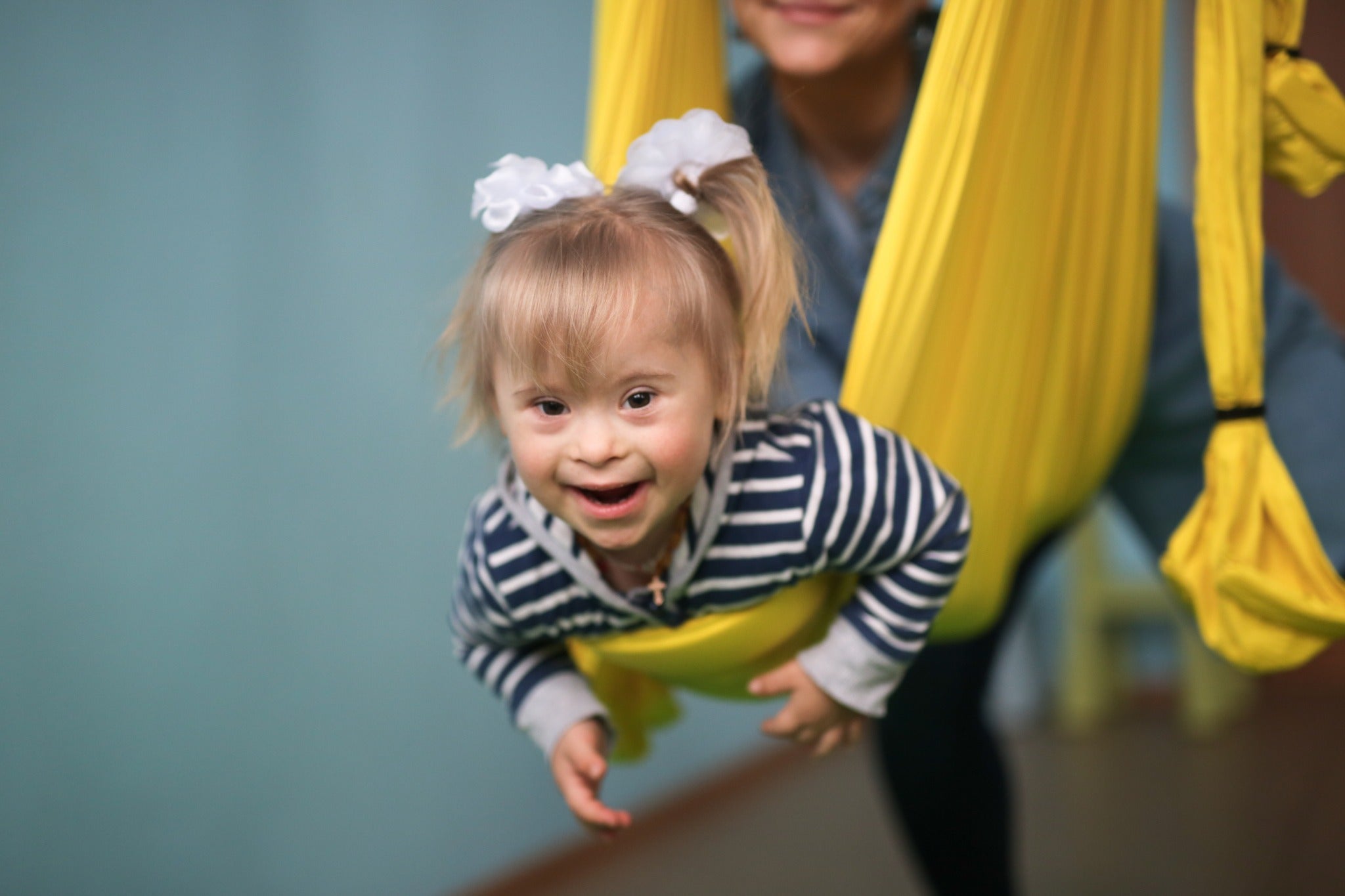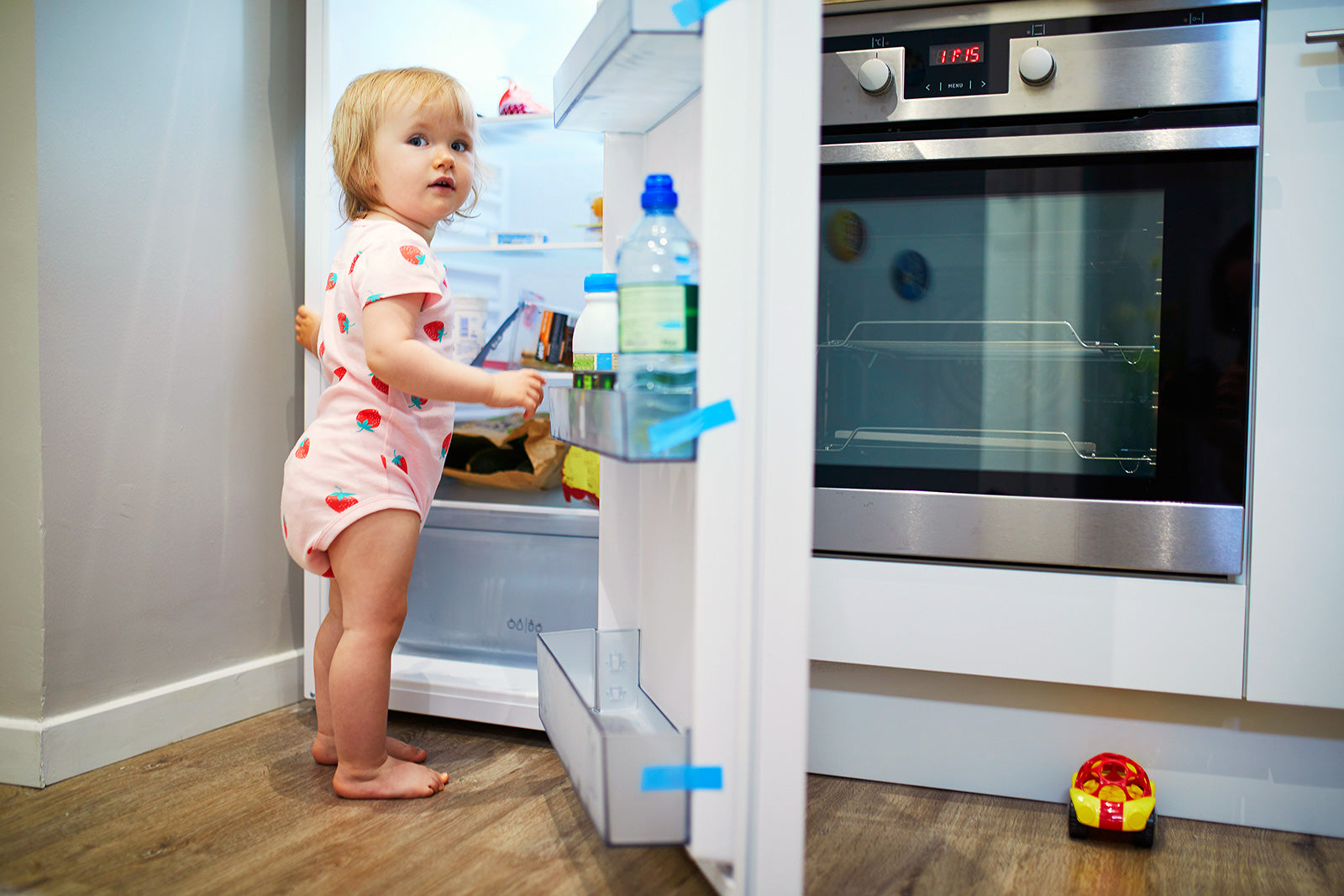Nurturing Adaptive Skills in Children with Disabilities

Parenting is the busiest, most demanding job there is. No matter your child’s age or stage, there is always so much they are learning and doing as they develop their natural adaptive skills. When parenting a child with disabilities, this job gets even more involved. Nurturing adaptive skills in children with disabilities can require time, extra support, and specialized tools.
The bökee came about because some exhausted parents were trying to handle the needs of their very premature twins. This unique bottle prep tool allows you to get a bottle ready one-handed while you hold and soothe your hungry child.
But in the years since we invented the bökee, we’ve seen that it helps adults and children with disabilities become more independent. It allows people with limited hand strength and unstable small motor control to do tasks such as open and close medicine bottles or fill cups. Whether you’re prepping a bottle or need an extra hand for something else, we invite you to pick your bökee today.
What Are Adaptive Skills?

The simplest way to explain adaptive skills is to say they are all the things we learn to do to function in the world. That is, they are the skills that allow us to meet our basic needs, communicate, handle relationships, and learn new information to prepare us for adulthood.
Many experts refer to ten areas of adaptive skills:
- Self-Care: dressing, feeding, bathing, grooming
- Communication: verbal and nonverbal language
- Social: interpersonal skills like sharing, honesty, following rules, social cues
- Self-Direction: making choices, planning activities, problem-solving
- Home or School Living: cooking, cleaning, laundry
- Leisure: participating in community activities, engaging in activities for fun
- Community Use: shopping, interacting with cashiers, using public transportation
- Work: getting and keeping a job, showing up on time, interacting with coworkers
- Health and Safety: following reasonable safety precautions, taking medications properly
- Functional Academics: using reading, writing, and math in daily settings and activities
All of these skills foster independence as the child grows into adulthood. Adaptive skills help keep us safe, healthy, employed, and able to maintain relationships.
Adaptive Skills and Disabilities

Most of us don’t give these skills a second thought because they are simply part of growing up. We probably wouldn’t even recognize that there are so many different categories. We merely learn, grow, and do.
However, children with disabilities generally do not develop adaptive skills at the same rate as others, if at all. For some children, the delay is slight and might even go unnoticed or undiagnosed. Others may have severe enough disabilities that some adaptive skills don’t develop at all.
What does a lack of adaptive skills look like for children? Caregivers see a wide range of behaviors when children are missing some of their adaptive skills. For example, they may observe any of the following situations:
- Extremely messy eaters
- Unable to brush their teeth or hair
- Inability to follow multiple directions given at once
- Always late for the bus
- Frequently misplacing homework
- No boundaries with strangers
- Inability to choose their activities, clothing, etc.
- Unable to read facial expressions and body language
- Difficulty with reading, writing, or math skills
Clearly, any delay or disruption in developing these skills impacts a child. And without sufficient interventions or support, these delays and disruptions will likely carry into adulthood.
How Can We Nurture Adaptive Skills in Children with Disabilities?

We are fortunate to be raising children in a time with many resources and tools to help children develop the necessary skills. Here are some ways families and experts assist children in leading safe, independent lives.
The Trifecta of Specialists
The odds are good that a child with a disability will work with at least one of the following specialists:
These experts can be invaluable resources for families, and many children make significant adaptive gains with this level of support. In most communities, early intervention services are available from birth to kindergarten to get a jump start on building adaptive skills in children with disabilities.
Adaptive Tools
Even with excellent therapist and family support, some children will not develop all of the typical adaptive skills. And that’s ok! Many tools and adjustments are available to help stand in the gap when some skills are delayed or absent. Different pencils, scissors, shoe styles, chairs, and more can all help children with disabilities achieve and maintain independent life skills.

The bökee is a wonderful adaptive tool for many kids and adults. Because it suctions to a flat surface to hold things still, it helps people open and close bottles, jars, and other items.
Many amputees who have lost an arm use the bökee to help them function independently in opening tops/lids. Special education teachers use it in the classroom to hold pencils and crayons, allowing children to access their things without accidentally knocking them over. Children with cerebral palsy can use the bökee to hold cups while they pour drinks into them.
This simple item that came about so that tired parents wouldn't spill precious breast milk has turned into a surprisingly fantastic adaptive tool!
Shifts in Expectations
Just because a skill is typical for most children at a certain age doesn't mean it’s always necessary at that specific time. It’s ok to shift our expectations for a child’s developmental timeline.

If we break down typical skills into smaller steps to teach, we often find that children are making more progress than we realize. They just need more time. This can be true at home and school. Occupational therapists can help you and your child’s teachers isolate these smaller steps as your child continues their march toward independence and self-sufficiency.
Changing our “timing” expectations can also include offering students more time to complete assignments or tests. For some children, a very simple shift is to turn off timers and clocks during tests and homework time so that they aren’t a distraction or source of anxiety. We live in a hurried world. But allowing our children to slow down can do wonders for their development.
Supporting Each Family’s Journey
At the bökee, we honor and respect all the paths that families travel. There is so much to navigate as a parent, and you deserve to do that without judgment. If you need a helping hand at home or elsewhere, choose your bökee today.




